March Madness is always a highly-anticipated time of year for college athletes and sports fans alike. With so many teams competing for the top spot, it is always fantastic to see the hard work these athletes put in with their teammates while remaining dedicated to classwork, getting enough rest, and keeping up their stamina for those few hectic weeks.
We had the privilege of interviewing former University of Maryland basketball player and current Oklahoma City Thunder player, Aaron Wiggins. He gave our readers a glimpse into what March Madness looks like for the athletes on the qualifying teams, the transition from college to professional basketball, and advice to rising college athletes and future professionals.
Q). Could you tell us more about your story and how you got into basketball initially?
A). It probably started the minute I could hold a basketball. I was four or five years old, and I think it just came naturally to me. I immediately fell in love with the game, began playing at a really young age, and did a lot of other activities outside of basketball. Once I got into middle school, I decided basketball was something I wanted to do long-term both in high school and hopefully college one day.
In high school, I wasn’t sure whether or not I’d be able to play in college until my junior year. I started being recruited by Division One schools, and eventually, the University of Maryland offered me a position on the team. I felt like they were a school that I could have success in, and made me a priority, so I accepted their offer and went there until my junior year.
It was a great school. They had great staff, great strength and conditioning coaches, nutritionists, and medical staff. Everything about Maryland was very special and helped me get to the point where I could have a career professionally, as well.

We know you all are doing great right now in your season, playing for the Oklahoma City Thunder. People have been giving you huge compliments, saying you’re like a Swiss Army knife. The team can throw you into any situation, and you’re really adaptive to that.
You also did really well in your last college conference, beating the University of Connecticut, and you alone scored 27 points against Alabama during your last college career game, which is incredible.
Your life must have been pretty busy and hectic during that time, though.
Q). How did you keep your energy up during the season, particularly when the team was in the midst of March Madness?
A). March Madness is a very chaotic time. As a student-athlete, you have basketball, and obviously, you have schoolwork you’re dealing with as well. Specifically, my teammates and I at Maryland did a really good job of being motivated through each other. We had an understanding that it’s a time when there are so many emotions because it’s win or go home. You’re fighting for the next game or the end of your season.
Guys wanted to play and win a championship, so there were a lot of motivating factors. Naturally, you find ways to make sure that you’re eating the right way, taking care of your body and preparing to be your best self when it comes to game time. Our guys were motivated, and we had a good group who understood what it would take to put ourselves in the best position to win games.

Q). Seeing that you were maneuvering between school and basketball, what did your schedule look like? How did that pan out typically?
A). That was tough. Since game times would vary based on where you were slotted in the tournament, sometimes games could be at 1:00 PM and other times it could be at 8:00 PM. Our school designated early mornings as a time to take care of any schoolwork we had.
We also worked with our professors to figure out scheduling because sometimes classes could fall during the tournament schedule. Organization was one of the biggest assets they prioritized. They ensured we had the right resources and clear communication with our professors to guarantee we were getting our schoolwork done before our games.
After taking care of schoolwork, we would watch film and have a walkthrough or practice. In between our walkthrough and practice, and before our games, we had some free time to either get more schoolwork done, take care of our bodies, eat, or take a nap. There were plenty of opportunities to make sure that we were preparing physically and mentally and staying up to date with assignments for school so we were ready to play.
Q). What was your favorite part of March Madness? What did you enjoy most during that time?
A). Definitely the anticipation of games and winning. Regardless of what game it is, winning one in the NCAA tournament is super fun. It’s a great feeling to know we were one step closer to the ultimate goal, which is winning a championship. Even though I wasn’t able to get an NCAA championship, one of the best feelings as a college athlete was being in that environment and seeing our team get recognition for their season.
Q). From college to pros, how big of a difference is it? What was that transition like for you? How does your schedule, training, and recovery differ from when you were playing college ball?
A). It’s significantly different. The number one reason is that in college, your time is obviously split between having to handle school, basketball, and everything else you have to focus on.
Once you make it to the NBA, that’s your job. Every day, your biggest priority is making sure you’re physically feeling okay, getting your treatment, getting your recovery, you’re at practice, getting the right lifts in, and eating well. Everything pours into the focus and idea of being ready to be an elite basketball player and play professionally.
Outside of that, some of the big changes are the physicality of the players in college compared to the NBA. There’s a big difference in the physical size of players, as well as the speed of the game.
There’s also a deeper knowledge and understanding of basketball when you’re playing at a higher level. You are constantly learning and growing throughout the professional game because that’s your main focus. Unlike professional basketball, there are different factors in college that can alter and limit the way you grow and develop as an individual player.
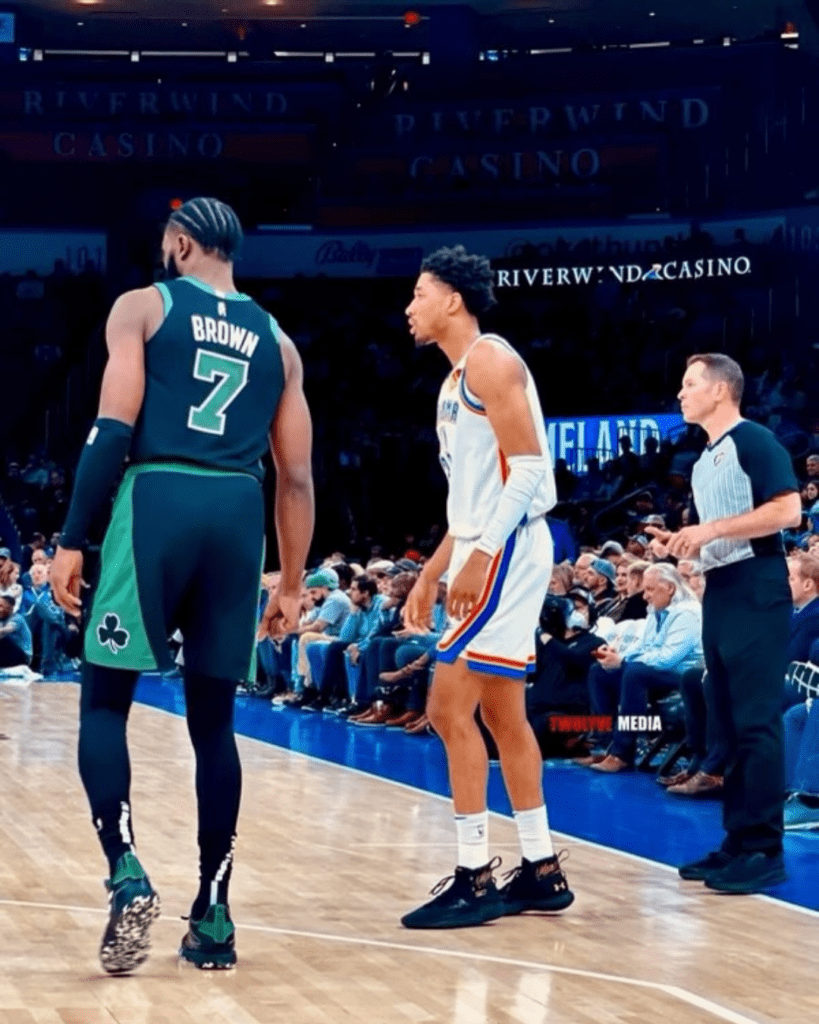
Q). Do you have any words of advice for future college or professional athletes? Is there anything you found that has encouraged you to work hard and continue in your athletic career?
A). One thing that everyone always says is ‘hard work works.’ If you work hard, you’ll see success. Along with that, I’ve learned that time management is huge. I think it’s something that college players might not think about as much. Managing your time and working ahead allows you to take care of your body, eat better, catch up on sleep, or go to the gym and work hard. It sets you up to focus more on basketball and take care of life outside of school and basketball.
If college players can pick up on time management early on, it’ll be easier when they go pro. Outside of game time and practice, you have a lot of free time as a professional during the season. That time should be spent preparing yourself for the next day. There are 82 games in a season in the NBA, so it’s nonstop. In comparison, college only has 30 games, which is about a third of that. Managing your time properly and focusing on taking care of your body, eating the right way, and preparing for the next day of practice or the next game you have would put college players at an advantage.
It was a pleasure being able to interview this rising basketball professional and share his story of dedication to the game. We look forward to following Aaron’s career with the Oklahoma City Thunder and wish him and the team a healthy and successful season.


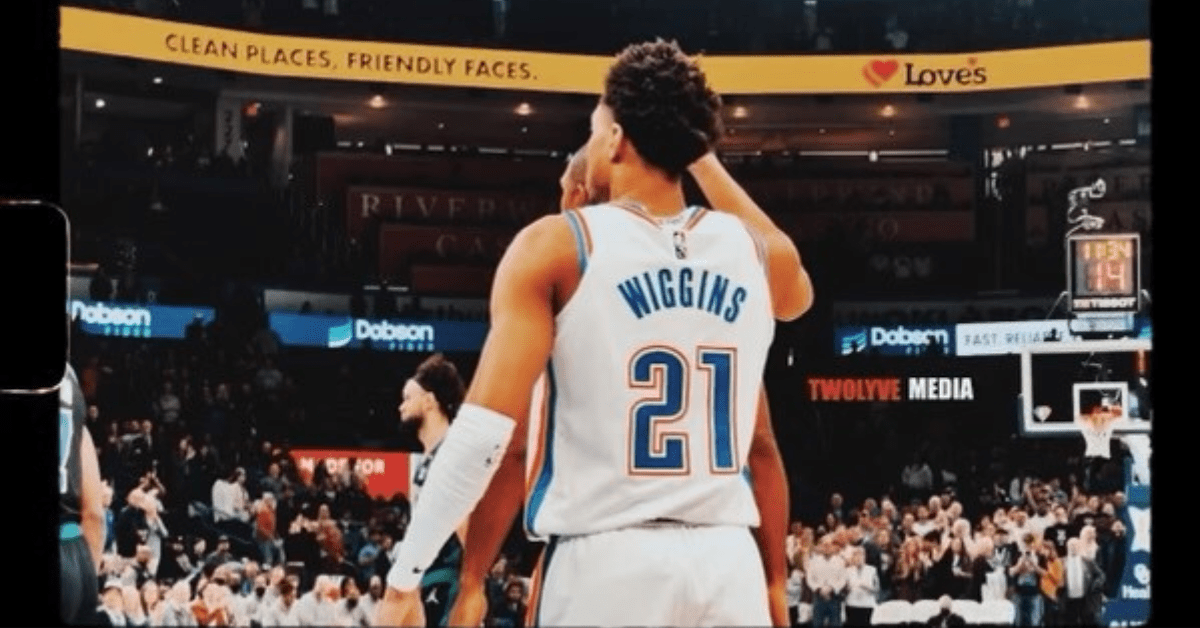
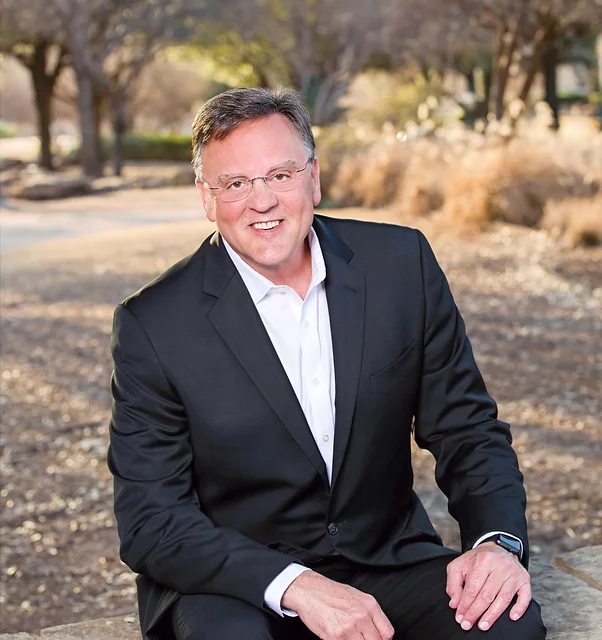
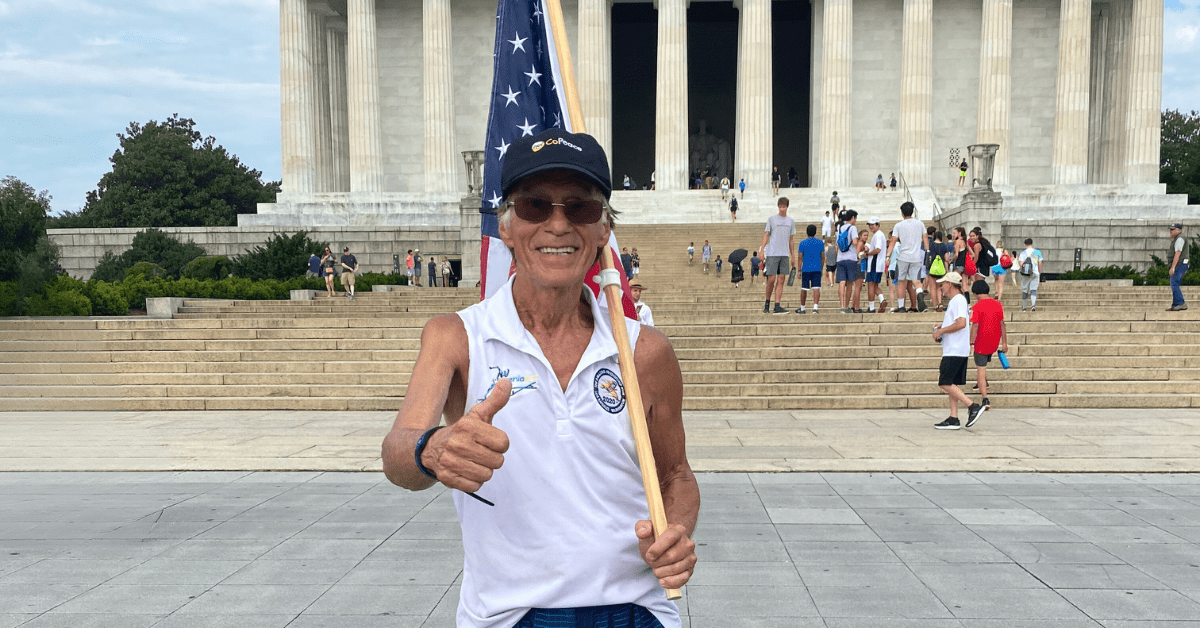
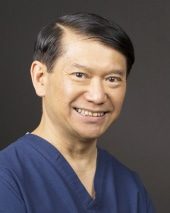
0 Comments